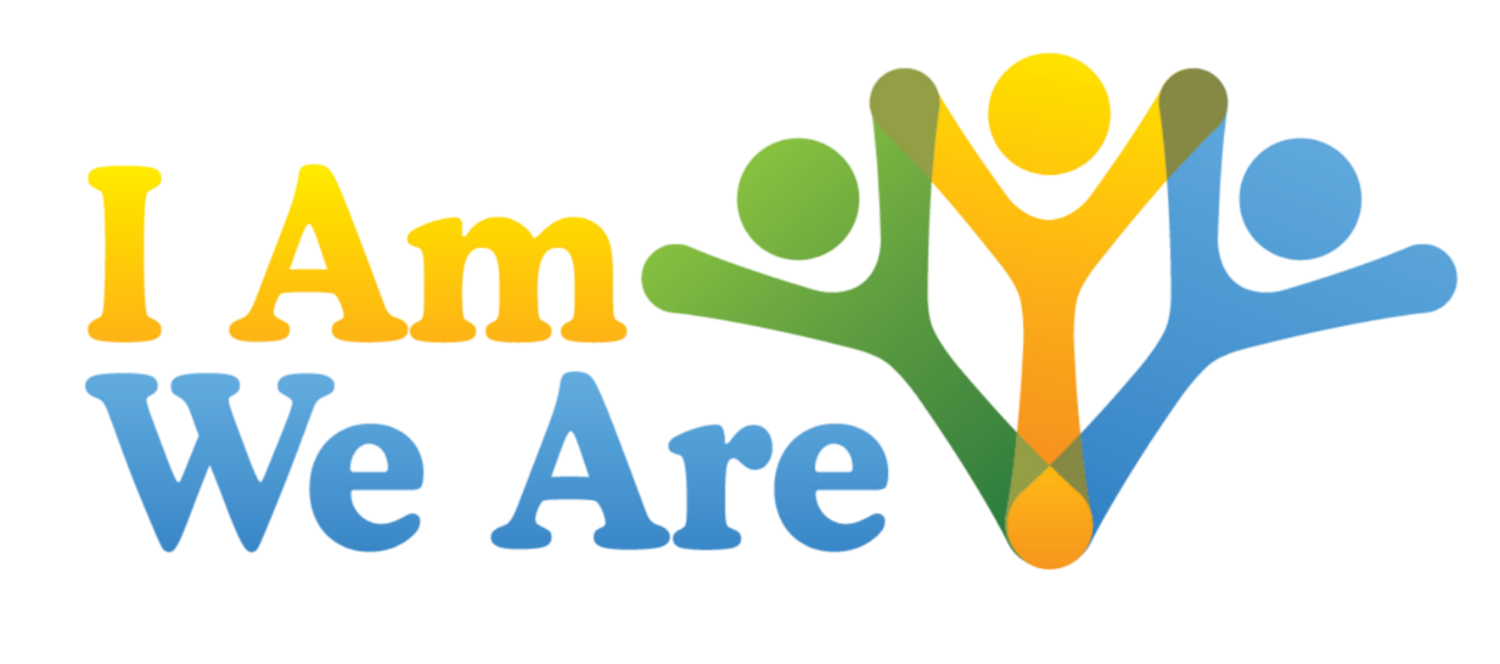From Detroit to Johannesburg: My Journey as an Africanist
I still remember arriving in Johannesburg in 2009—eager, wide-eyed, and determined. I was working with the Enablis Entrepreneurial Network, supporting small and medium enterprises, but what struck me immediately wasn’t just the energy of the city or the potential of its youth. It was the quiet despair. Young people with dreams as big as mine were trapped in a cycle of structural inequality, limited opportunities, and a system that too often failed them. That year changed everything for me.
Back then, I couldn’t have predicted how deeply South Africa—and the African continent—would shape my life. But it did. And the journey that began in Detroit, Michigan, would carry me across three continents, into the heart of U.S. foreign policy, and back again to the streets of Johannesburg—this time not as a visitor, but as a committed partner in the work of transformation.
Growing up in Detroit wasn’t easy. The city has its own legacy of economic hardship, racial injustice, and resilience. My mother, a woman of fierce determination, taught me that education and service were not just options—they were obligations. She pushed me to think independently, to travel, to learn. After she passed away from liver cancer in 2002, I promised myself I would make good on everything she poured into me.
So I did. I joined Habitat for Humanity after Hurricane Katrina. I taught returning citizens in Detroit how to read and write. And when I found myself in South Africa, I knew I wasn’t just there to observe—I was there to listen, learn, and contribute.
In those early months, I ran business workshops, partnered with local entrepreneurs, and even traveled with a South African delegation to Mumbai. But more than the official work, it was the conversations—the taxi driver talking about his daughter’s struggles with university fees, the teenage boy who dropped out of school to support his siblings—that left a mark. These weren’t just statistics. They were lives.
That experience propelled me into public service. I became a South Africa Desk Officer at the U.S. Department of State in 2013 and later worked with USAID programs designed to tackle youth unemployment. One memory stays with me: a community meeting in Mozambique, where I worked on health initiatives with the President’s Emergency Plan for AIDS Relief (PEPFAR). A young woman stood up and spoke about how a USAID-funded program had helped her finish school, start a business, and support her family. Her story mirrored many others I’d heard across Southern Africa. Local solutions, community ownership—this was the kind of development that worked.
Along the way, I served as a Foreign Affairs Officer, worked on Capitol Hill shaping U.S.-Africa policy, and taught at Howard University and New York University. I’ve tried to pass on the same drive my mother gave me—reminding students and young professionals that real change is slow, but always possible when it begins at the grassroots.
South Africa taught me that. I watched as students from every corner of the country rose up during #FeesMustFall. I followed their stories, engaged in research, and understood their anger. They weren’t just protesting tuition hikes—they were demanding dignity, opportunity, and an education system that served them, not failed them.
With 70 percent of Africa’s population under the age of 30, the stakes are high. If we don’t address youth unemployment, we risk turning potential into a pressure point. But if we invest—really invest—in education, access, and inclusive governance, we unlock a future where young Africans lead the world.
Recently, I released a book called Balancing Fatherhood, Friendship, and Fine Living. It’s about purpose, identity, and the lessons I’ve gathered from this journey—from Detroit to Jo’burg, from grief to growth, from observing systems to trying to change them.
I’ve seen what happens when youth are empowered. I’ve seen the spark in their eyes when they believe again—in themselves, in their future, in the possibility of change. That’s why I keep doing this work. Because that spark? It’s worth everything.
Guest Blogger Dr. Corey W. Holmes is a foreign affairs expert, educator, and lifestyle enthusiast who brings a unique perspective to the art of balancing professional excellence, personal passions, and fatherhood. A former Western Hemisphere Affairs Coordinator and USAID Liaison at the U.S. Department of State, Dr. Holmes has also served as Acting Staff Director for the House Foreign Affairs Subcommittee on Africa. He holds a Ph.D. from Howard University, has taught at NYU and Howard University, and is a Fulbright and Boren alumnus. Dr. Holmes is a Truman National Security member, and a BPIA Colin Powell Leadership Institute Fellow.




